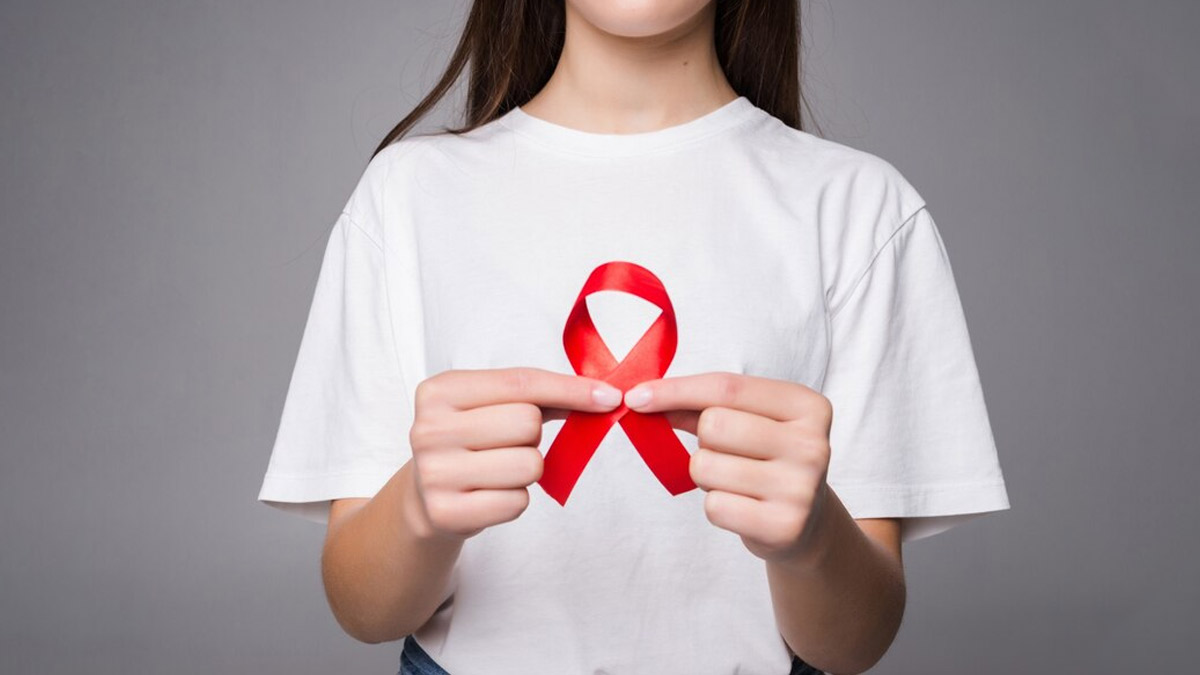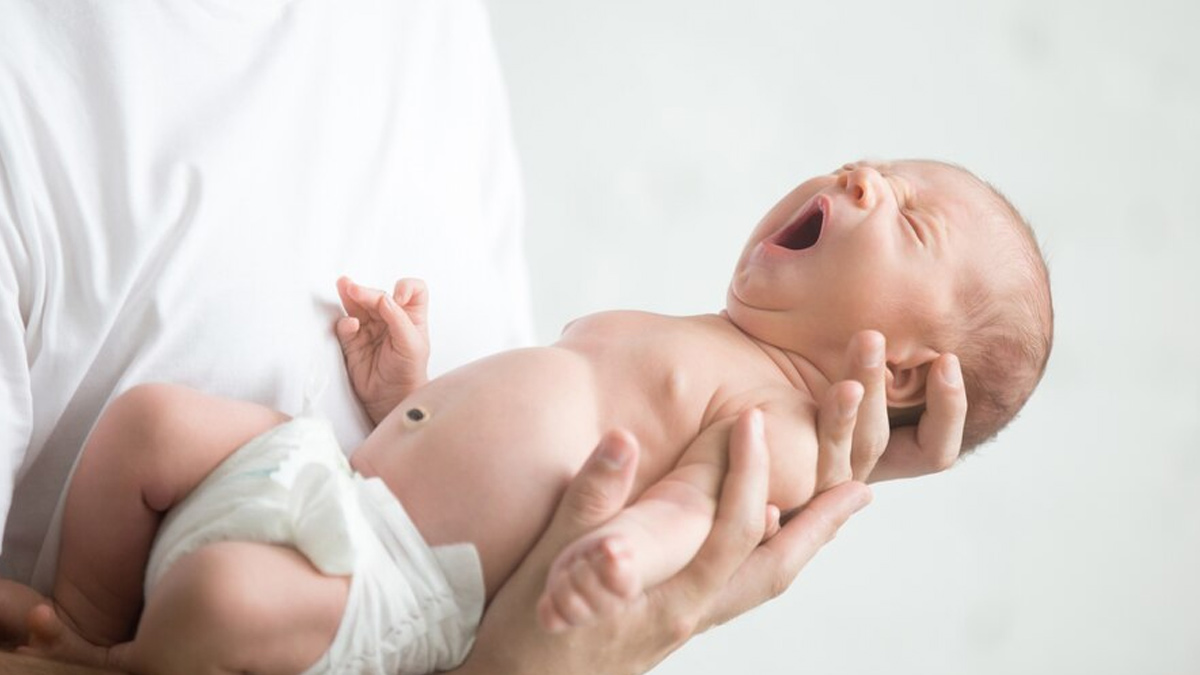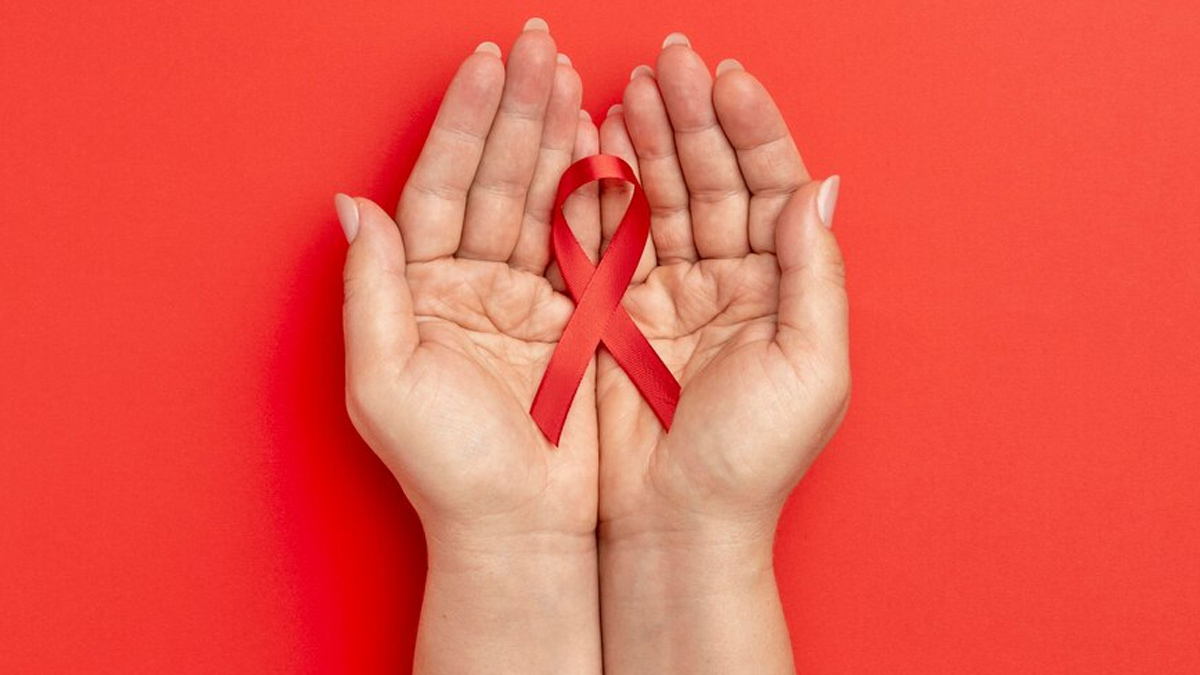
UNICEF's latest Global Snapshot on Children with Human Immunodeficiency Virus (HIV) and Acquired Immunodeficiency Syndrome (AIDS) revealed that approximately 98,000 adolescent girls aged 10-19 contracted HIV in 2022, equivalent to 1,900 new infections per week.
Table of Content:-
Despite a nearly 50% reduction in infections among this age group since 2010, girls remain more than twice as likely as boys to be infected. The global tally for new HIV infections in children and adolescents aged 0-19 reached 270,000 in 2022, elevating the total number of young people with HIV to 2.6 million.
Girls More Prone To HIV/AIDS

Anurita Bains, Associate Director of HIV/AIDS, UNICEF shared that factors contributing to the disparity include gender inequalities impeding safe sex negotiation, poverty leading to distant healthcare access, and limited availability of HIV prevention and reproductive health programs.
UNICEF found that globally, nearly one million individuals aged 0-19 living with HIV lack treatment, despite efforts to progress towards ending AIDS. As of 2022, 99,000 AIDS-related deaths were reported among children and adolescents aged 0-19, constituting 15% of all AIDS-related deaths while comprising only 7% of the HIV-positive population.
To shed light on some preventive measures to help young girls escape the threat of AIDS, the team of OnlyMyHealth spoke to Dr Shilpi Sachdev, Obstetrics & Gynecology, Apollo Cradle & Children’s Hospital, Moti Nagar, New Delhi.
Also Read: Can HIV Increase Your Chances Of Getting COVID? Doctor Explains
Preventing HIV/AIDS

“Some specific tests that can help catch AIDS at an early stage are screening for the presence of antibodies to the HIV in the blood. This is done through rapid tests, enzyme immunoassays, nucleic acid tests, and western blot assays,” elucidated Dr Sachdev.
She stressed the importance of early diagnosis, timely intervention and effective management to prevent AIDS. Suggesting ways to help women reduce the risk of AIDS, she listed:
- Always use condoms during sexual intercourse.
- Avoid multiple partners. Instead, engage in mutually monogamous relationships with partners who have tested negative for HIV.
- Get tested routinely.
- Have an open communication with your sexual partners about their HIV status.
- Avoid sharing needles or other drug paraphernalia.
- Stay up to date and aware of HIV/AIDS, including high-risk behaviours.
- Develop a healthy lifestyle that involves a balanced diet, regular exercise, and avoiding substance abuse, alcohol, and smoking.
Also Read: Myth Buster: Is There A Risk Of HIV From Tattoos?
Dr Sachdev concluded that women and young girls must prioritise their well-being, stay informed, and actively take proactive measures to safeguard their sexual health. She stated that regular medical check-ups, access to healthcare services, and sex education play a vital role in preventing HIV and its subsequent development into AIDS.
How we keep this article up to date:
We work with experts and keep a close eye on the latest in health and wellness. Whenever there is a new research or helpful information, we update our articles with accurate and useful advice.
Current Version